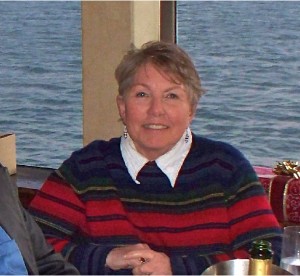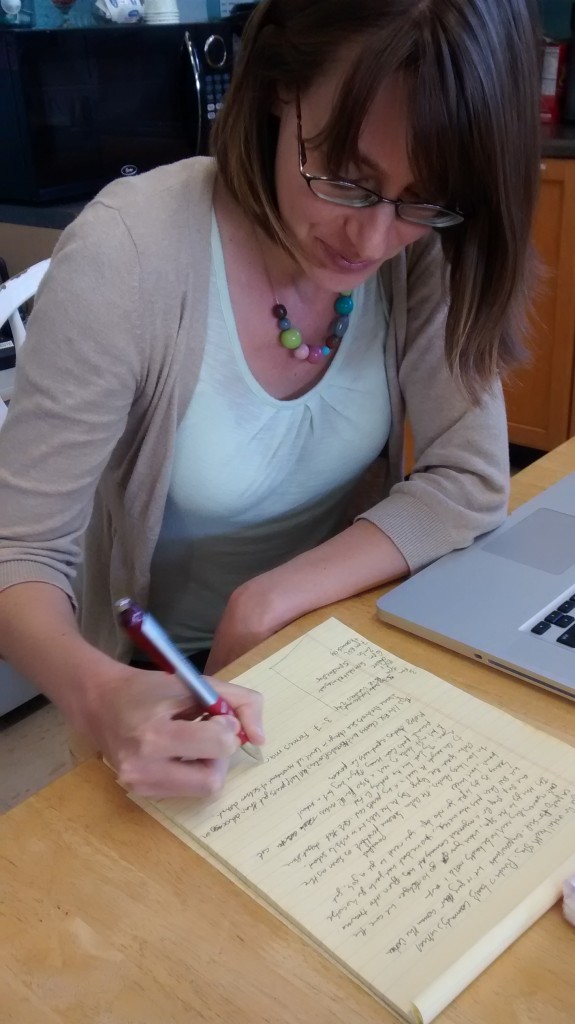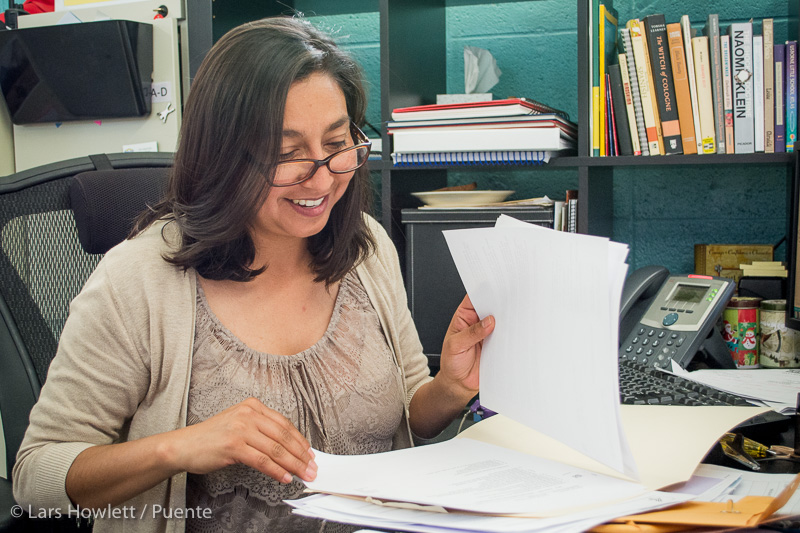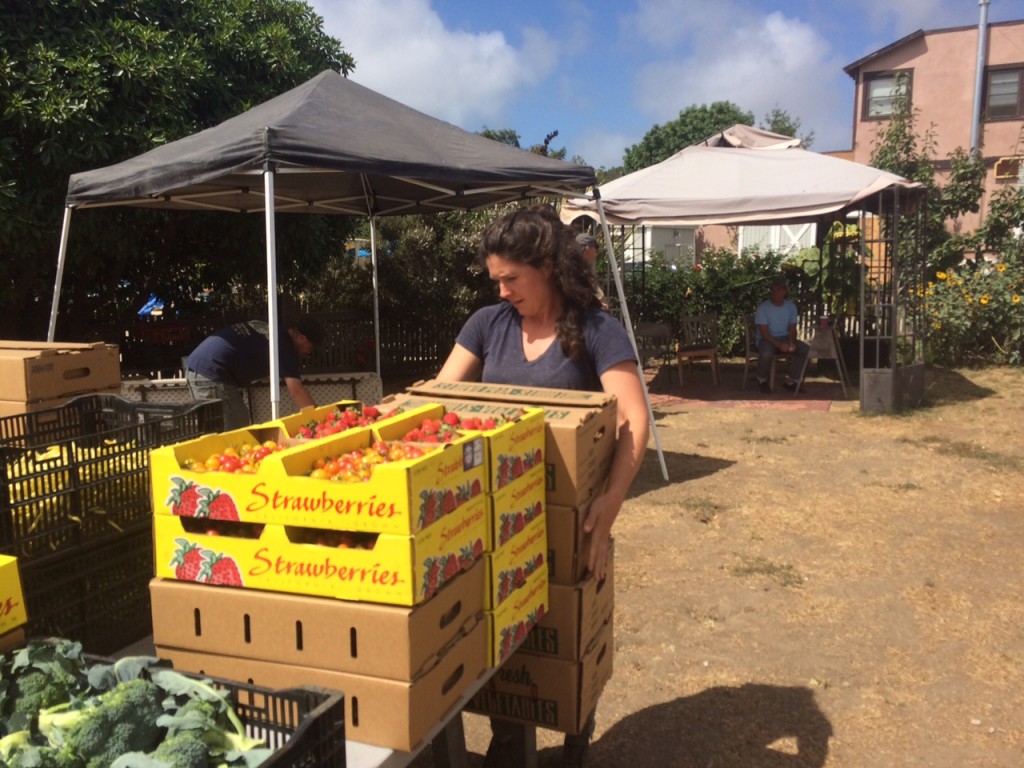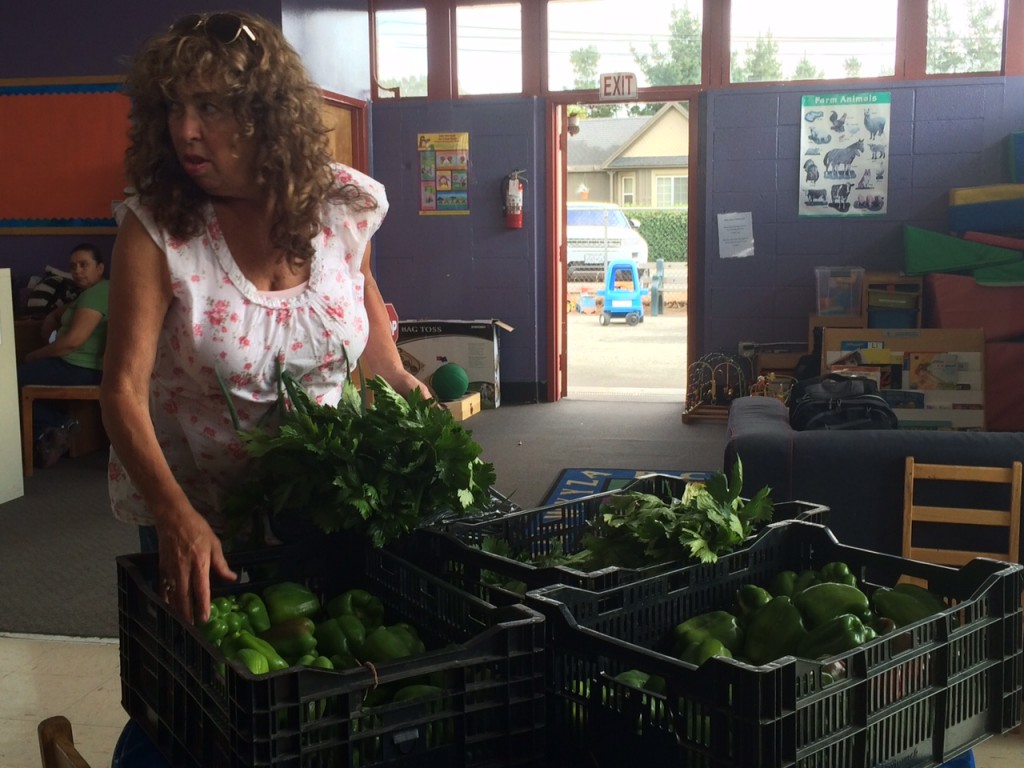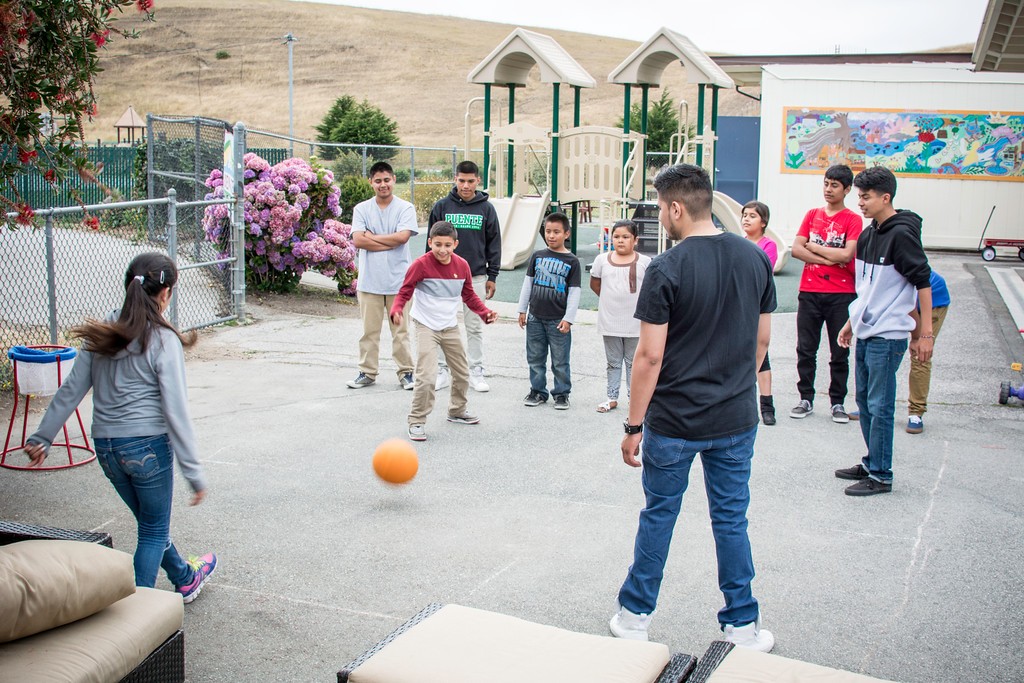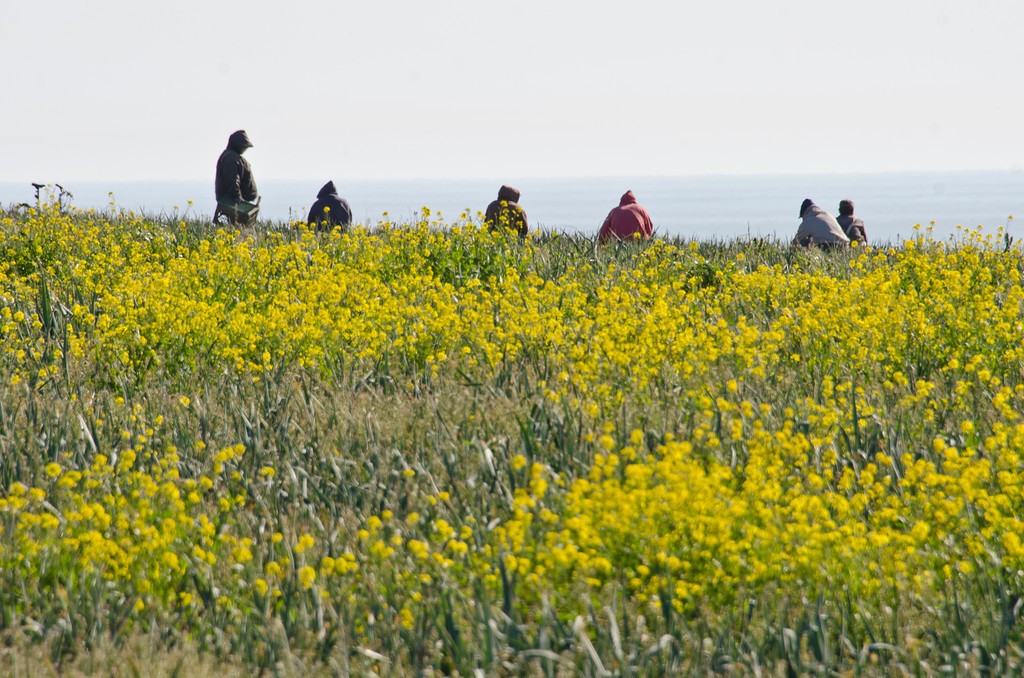Among this country’s most glaring divisions is our unequal access to on-demand high-quality health care.
Here on the South Coast, many undocumented residents do not qualify for any form of county, state or federal health insurance coverage. It can be easy to justify putting off that eye exam, dental check-up, STD test or flu vaccine when you’re paying out of pocket for everything.
Even with health insurance, convenience and accessibility are major factors for South Coast residents. It can be hard to take time off work and find transportation to visit a doctor’s office more than an hour away.
Enter Molly Wolfes and the Puente Health Fair. Wolfes, Puente’s Community Health Coordinator, had the idea to bring dozens of regional health care providers together for a daylong one-stop shop for health and wellness: free check-ups, screenings, education, games and music.
“My goal has been to advocate for the part of our population that has the least power and the least voice, the least opportunity to access health care on their own,” says Wolfes.
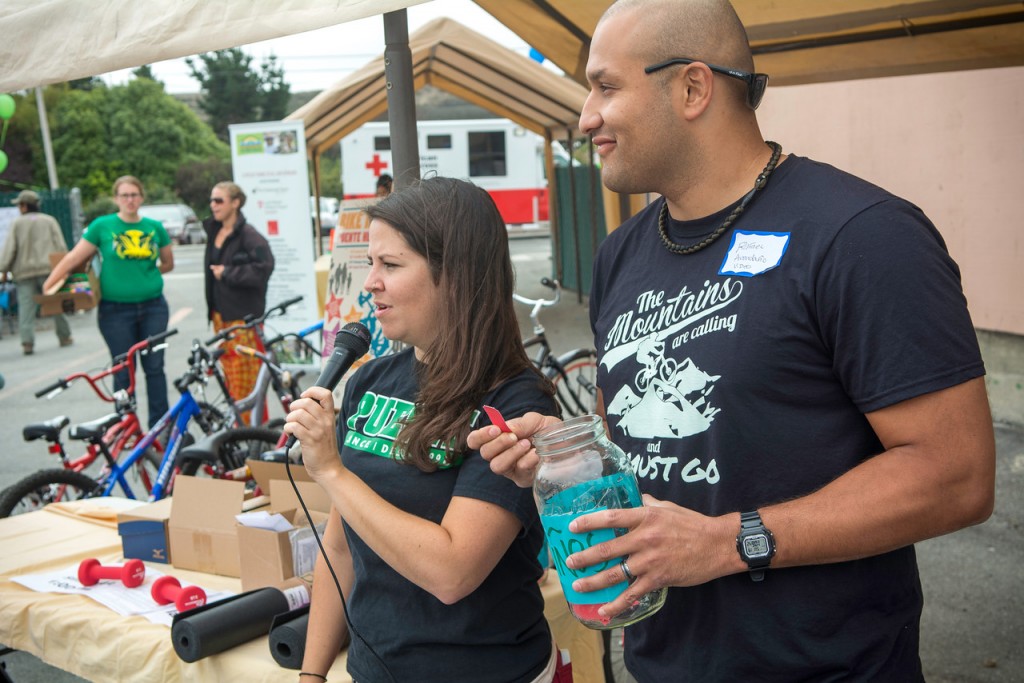
Molly Wolfes announces raffle winners at the First Annual Health Fair in 2014.
Last year’s inaugural Health Fair attracted more than 200 people from Pescadero, La Honda, San Gregorio and Loma Mar – a major accomplishment for any community event, let alone a health-related one in its first year.
This year’s Health Fair will be even bigger, with more health education booths, more medical services and health screenings, more interactivity and more fun. It will take place on Sunday, October 4th from 11 a.m. to 3 p.m. at Pescadero Elementary School, 620 North Street.
“This is fun with a purpose,” declares Karen Hackett, a San Mateo County Public Health Nurse who is stationed with Puente a few days each week. Hackett will run a flu clinic at the Health Fair, administering free flu shots alongside other county health workers.
The health fair will be family friendly again this year with the return of the bike rodeo – a hands-on bicycle safety activity by Ecology Action that teaches kids hand signals and gives them an obstacle course to navigate. Kids will also be fitted with bike helmets they get to keep.
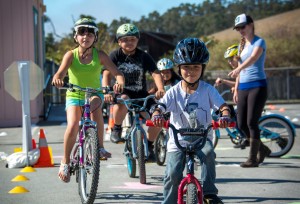
Children practice bike safety skills at the bike rodeo.
Puente will do face painting (fruits and vegetables). The Half Moon Bay Library will read aloud from children’s books on food and healthy eating. Pie Ranch will help run Puente’s blender bikes, which make smoothies powered by pedaling, and kids will get a chance to sample their creations and talk about why the ingredients are good for them.
The ‘Re-think your drink’ nutrition quiz from San Mateo County Family Health Services uses the same concept – but with prizes for the correct answer to questions such as: ‘Name five fruits of different colors.’ With limited options for groceries on the South Coast, it can be hard to stock up on the healthiest foods. But when parents cut corners, the whole family suffers, says Mayra Diaz, a county Community Program Specialist and health educator.
“Making a healthier choice is a big part of long-term health. We understand that Latinos are at higher risk in terms of access to healthy food and certain chronic diseases,” she says.
While their kids are having fun and learning about nutrition, parents can pop into the elementary school’s multipurpose room to get a dental check up, a skin cancer screening, a vision and hearing test, check their blood pressure, receive a flu shot, and get blood tests for cholesterol and diabetes. They can learn about safe sex and family planning from Planned Parenthood, get 20-minute STD tests in the privacy of a medical van, and discuss their mental health with Puente’s own Clinical Director, Joann Watkins.
Parts of the Health Fair have especially local twists: nurse Stephanie Cousin lives in Butano Canyon and works with the Palo Alto Medical Foundation’s Dermatology Department, which will offer skin cancer exams on a first-come, first-served basis. (There will not be enough privacy for patients to disrobe completely, but only to check exposed areas of skin).
“It’s important for people to check their skin themselves and if there’s something they’re worried about, they can come along and get it checked out,” she says. “Even if we only find one suspicious lesion on one attendee out of all the screenings, then our presence was worth it.” The screening itself will increase awareness of the need to do regular skin checks.
But health care needs on the South Coast aren’t just skin deep, of course.
Many local farm workers do work that involves the potential for chronic physical injury because of years of stooping, cutting, kneeling, and lifting. This year, a La Honda resident, Deanna Anderson, will offer a guided interactive healthy back stretching session for farm workers and other attendees, accompanied by music. Two physical therapists will also be on hand to work with anyone who is in pain.
For some farm workers, this day of health screenings may be the only medical attention they’re going to get this year. That’s because of a complication in the laws that govern eligibility for health insurance, which is determined by someone’s earnings.
If a farm worker is not a U.S. citizen, he or she could still apply for ACE, San Mateo County’s health coverage program. But not if a worker’s monthly earnings surpass the poverty-level threshold to qualify, as Wolfes explains. During the summer, when there is more work in the fields (with 10- to 12- hour days and a greater chance for self-injury), laborers earn too much to qualify for the county’s insurance program. (The cutoff is $1,900 a month.) Puente’s own medical clinic, operated by the San Mateo Medical Center’s Coastside Clinic, would not be able to treat them.
In those situations, workers “rely on screenings and flu shots and pay out of pocket for services only in an emergency,” says Wolfes.
Which is why Puente is working hard to reach farm workers this year and get them over to the Health Fair to see those specialists, including those from the San Mateo Health System, for free. She hopes they will schedule follow up visits for the winter when the work is slower and they may qualify for health insurance.
The situation is far from ideal, and very frustrating. “There’s nothing worse than getting screened, knowing something is wrong, and not being able to do anything about it,” she says. “We will have community health workers/promotoras de salud there to help follow up with people who will need further assistance and exams and making sure they get in to care one way or another.” Thanks to support from the San Mateo County Healthcare for the Homeless/Migrant Seasonal Farmworker Program, farmworker participants will be provided with first aid kits and other items to support good health.
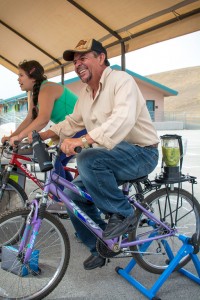
The bike blenders will be on hand for participants to make their own smoothies.
For those who do qualify, Puente will have experts on hand to talk people through the process of signing up, renewing, and using Covered California, Medi-Cal, Medicare and county programs like ACE and Healthy Kids.
The Health Fair is Spanish-English bilingual and accessible to all, with translators on hand and free transportation provided by Puente and community volunteers. Health Fair funders include the Lucille Packard Children’s Hospital, the San Mateo County Commute Alternatives Program, Mills-Peninsula Health Services, San Mateo County Healthcare for the Homeless/Migrant Seasonal Farmworker Program, and the Gordon and Betty Moore Foundation.
Puente’s second annual Health Fair is Sunday, October 4th from 11 a.m. to 3 p.m. at Pescadero Elementary School, 620 North Street. Admission, activities, and health screenings are free. Healthy food will be sold onsite to benefit the La Honda-Pescadero School District. For details, contact Molly Wolfes at 650-262-5989.

